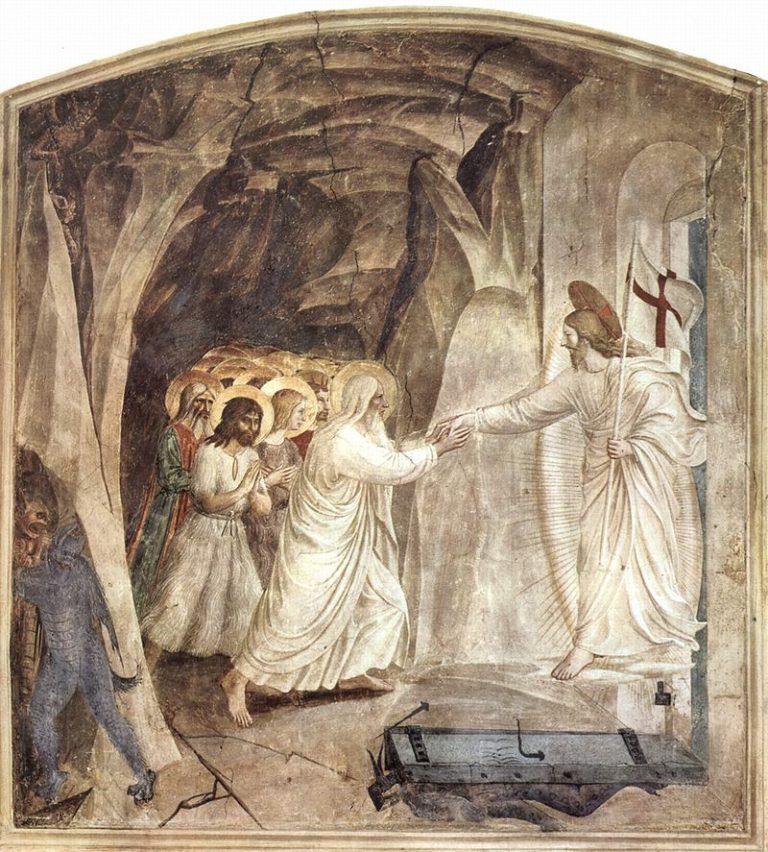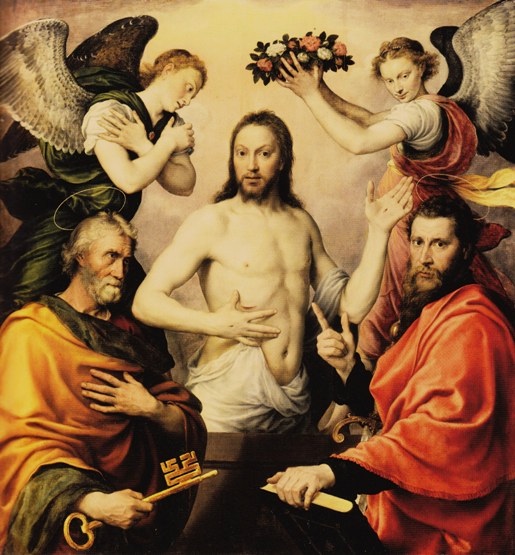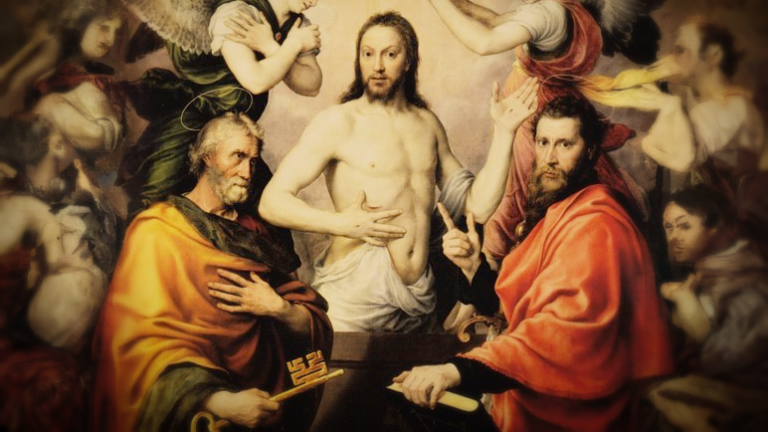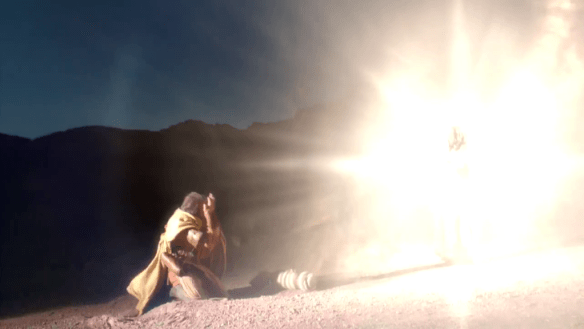In free countries, hard work and intelligence allow Happy People to get ahead. The Happiest people are toward the right side of the bell curve. The Unhappiest people are on the far left.
UNHAPPY HAPPY
 Unhappy people are angry! “It is wrong that free, smart, hard-working people have more than me!”
Unhappy people are angry! “It is wrong that free, smart, hard-working people have more than me!”
Those two groups form the political parties of every nation! In every Age, Happy People love God and their neighbors. Unhappy People hate both.
What makes the difference?
Unhappy people grow up without as much love in their lives. Most were never Baptized! None of them were blessed to have loving, caring parents.
That’s why they hate freedom and loving families. “It is wrong that people who had love in their lives are happier than me!”
They hate freedom and families. “Freedom lets happy, hard-working people have loving families! I hate that! I hate them!”
~Ancient Greece~
Athens had happy families and some freedom. Sparta did not. Spartans took boys away from their parents. They were raised in state barracks. Spartan boys were abused in every way. They had no love in their lives. They did have hate! “Kill someone! Be a Spartan!”
Persians invaded. Happier Athenians joined with Unhappy Spartans. Persians were driven away. Then, Unhappy Spartans and the Happier Athenians fought with each other.
Both city-states became weak. Macedonians took over!
~
In every nation, Unhappy People work to destroy Happy People. It does not make them happy. Unhappiness turns into anger. Anger grows into hate. Evil vanities destroy everyone they can.
Happy People believe in The Loving God. The happier they are, the more they obey Him. Catholics strive to obey Every Teaching of The Loving God. Our happiness grows as we understand and obey This Teaching from He Who Fulfilled God’s Prophecies!
“And I say unto you thou art Peter and on this rock I build My Church and the gates of hell shall not prevail against it. I give you the keys to The Kingdom of Heaven.”
Happy Catholics love life and freedom and families.
Unhappy people hate life and freedom and families.
What more do we need to learn from History?
. . . . . . . . . . . .








